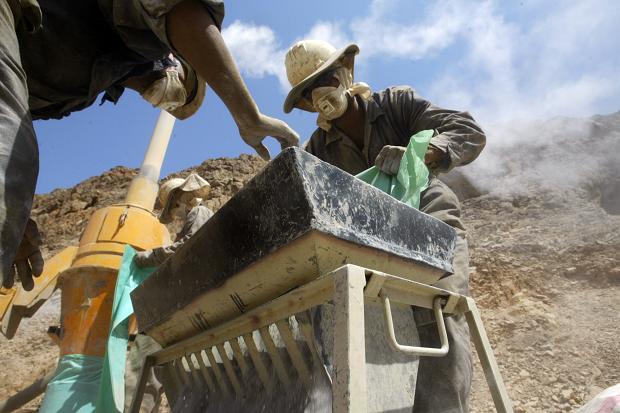Fans of far-right Japanese author Yukio Mishima gathered in Tokyo on Thursday to mark the anniversary of his shocking samurai-style suicide after a failed coup attempt 40 years ago.
Mishima, who was 45 and an international celebrity when he committed a ritual "seppuku" suicide by disemboweling himself with a sword, is considered one of the most influential writers of post-World War II Japan.
Despite the longevity of his fame after his death, the mainstream press have largely boycotted him because of his far-right views.
The conservative Sankei daily, one of few media covering the anniversary of Mishima’s suicide, reported on the publication of books commemorating the author.
Mishima garnered three nominations for the Nobel Prize for Literature. His first novel, "Tozoku" (Thieves) was published in 1946, followed by numerous books, plays, poetry, short stories and essays.
But the author, who called for a return to the nation’s former samurai way, veered towards a far-right ideology in the last decade of his life, even forming his own private army, "Tatenokai" or "Shield Society."
On November 25, 1970, Mishima and his followers stormed into the army headquarters in Tokyo, urging the troops to rise up in the name of the Emperor and rearm the pacifist nation.
But greeted by only jeers, Mishima shouted "Long Live the Emperor!" three times and thrust his 17th century short-sword into his stomach before one of his followers eventually beheaded him, under a samurai knight rite of honor.
His far-right views no longer resonate in the mainstream public, but a nationalist movement has gained momentum in Japan in the decades after his death.
The 40th anniversary of his suicide comes as the government of Japanese Prime Minister Naoto Kan has seen its approval ratings tumble on what has been seen as its clumsy handling of diplomatic spats with Russia and China.
Rallies by more than 1,000 anti-Chinese demonstrators have been staged in recent weeks protesting Beijing’s muscular diplomatic approach in the latest territorial row over disputed islands in the East China Sea.


